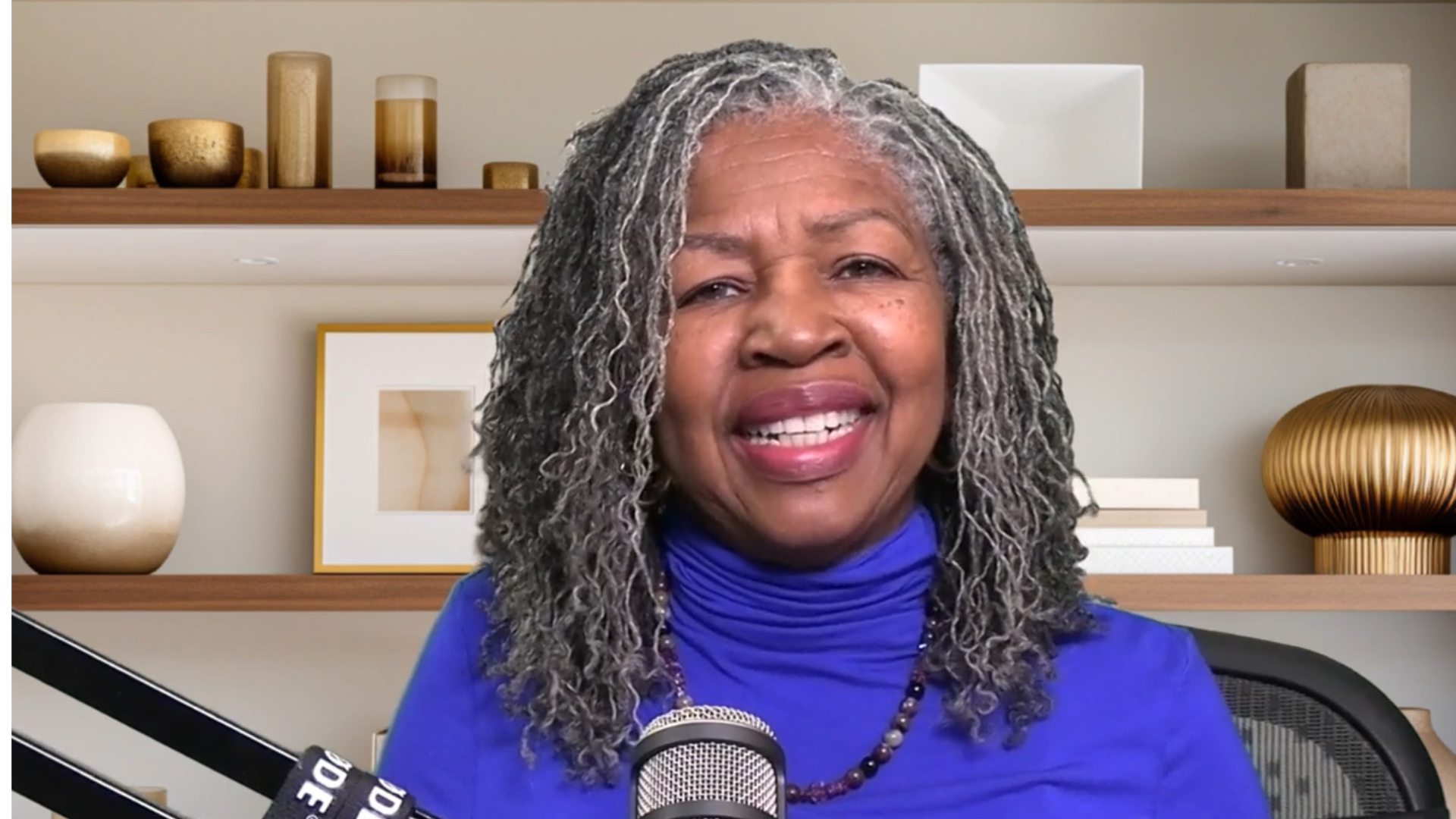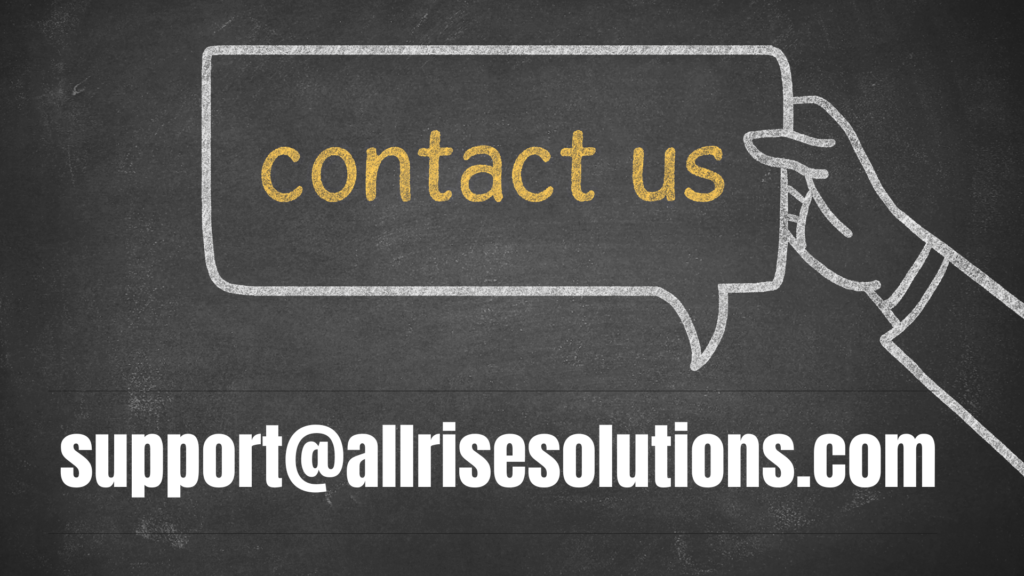Common Signs of a Controlling Co-parent
Every decision turns into a battle. Every conversation feels like a power struggle. You find yourself walking on eggshells, afraid that one wrong move will set them off. If this sounds familiar, you may be dealing with a controlling co-parent.
Co-parenting should be about teamwork, but when one parent dominates decision-making, undermines boundaries, or manipulates the process, it can create stress for both the other parent and the child. The good news? Recognizing the signs of control is the first step to reclaiming your peace and advocating for a healthier co-parenting dynamic.
In this article, we’ll break down the most common signs of a controlling co-parent, how their behaviors impact you and your child. most importantly, strategies to set boundaries and protect your parental rights.
Why Identifying Controlling Behaviors Matters
Effective co-parenting is crucial for providing children with a stable foundation where their emotional and mental well-being takes center stage. However, when one parent becomes overly controlling, the co-parenting relationship can quickly deteriorate, creating an atmosphere of frequent conflict and tension.
This unhealthy dynamic not only disrupts communication between parents but can also negatively affect the child’s sense of security. Identifying controlling behaviors early is essential for preventing further escalation and fostering a more balanced relationship. By addressing these tendencies proactively, both parents can refocus their energy on what truly matters—the child’s best interests.
Recognizing such behaviors also empowers you to establish clear boundaries, seek professional guidance when necessary, and manage co-parenting challenges with greater confidence and resilience. By taking these steps, you can create a healthier co-parenting environment that promotes harmony and ensures the child grows up in a supportive, loving atmosphere.

What Are the Signs of a Controlling Co-Parent?
Co-parenting is already a challenge, but when one parent tries to dominate and control the other, it can turn an already difficult situation into an ongoing struggle. A controlling co-parent can make decisions harder, communication tense, and parenting unnecessarily stressful. Recognizing the signs of a controlling co-parent is the first step in understanding what you may be experiencing. While every situation is different, here are some of the most common red flags that indicate a co-parent is trying to maintain excessive control.
1. Trying to Turn the Child Against You
Parental alienation is a severe form of control where one parent attempts to damage the child’s relationship with the other parent. A controlling co-parent may make negative comments about you in front of the child, blame you for conflicts, or portray themselves as the “better” parent. Over time, this can create a divide between you and your child.
2. Monitoring or Spy on You
Some controlling co-parents go as far as monitoring your activities through your child, mutual friends, or even tracking devices. They might question your child about who you’re spending time with, where you went, or what you did during your parenting time. In extreme cases, they may even track your location or insist on excessive check-ins under the guise of “coordinating” for the child’s sake.
3. Refuse to Respect Boundaries
Healthy co-parenting involves clear boundaries, but a controlling co-parent often ignores them. They may show up unannounced at your home, try to involve themselves in your personal life, or insist on excessive communication that isn’t necessary for co-parenting. If you try to set boundaries, they may react with anger, guilt-tripping, or even threats.
4. Try to Control Your Time With the Child
Controlling co-parents often try to interfere with the other parent’s scheduled time by making last-minute plans, scheduling appointments during your time, or insisting that the child needs to be with them instead. They may frequently suggest changes to the schedule, sometimes under the guise of being “flexible,” but in reality, they are trying to dictate when and how you see your child.
5. Micromanage Every Aspect of Parenting
A controlling co-parent often wants to dictate everything about your child’s life, even when the child is in your care. They may demand to know every detail about meals, bedtime routines, extracurricular activities, and even what clothes your child wears. While collaboration is essential in co-parenting, excessive micromanagement leaves little room for the other parent to make their own decisions.
6. Use the Child as a Messenger or Pawn
A controlling co-parent may use the child to communicate their demands or relay passive-aggressive messages. Instead of speaking directly with you, they may tell your child things like, “Tell your mom to drop you off earlier” or “Tell your dad I’m really upset with him.” This puts unnecessary emotional pressure on the child and creates tension in your co-parenting dynamic.
7. Constantly Criticizes Your Parenting
It’s normal for co-parents to have different parenting styles, but a controlling co-parent takes it a step further by constantly finding fault in everything you do. They may criticize the way you discipline, what you feed your child, or how you handle schoolwork. Their goal isn’t constructive feedback; it’s to make you feel inadequate and create an imbalance of power.
8. Always Demands Immediate Responses
A controlling co-parent often expects you to be available at all times, responding to their messages or calls immediately—even if it’s not an emergency. They might bombard you with multiple messages in a short period and get angry if you don’t reply right away. This behavior is a way to maintain control over your time and emotional energy.
9. They Withold Information About the Child
While they demand constant updates from you, a controlling co-parent might withhold important information about the child, such as medical appointments, school events, or changes in routine. This creates an imbalance where they have all the power and force you to rely on them for crucial information.
10. Regular Use of Guilt and Manipulation
A controlling co-parent may use guilt to make you feel like you’re not doing enough or that you’re somehow harming your child. They might say things like, “If you really cared about our child, you would do it this way” or “Our child is upset because of the way you handle things.” This emotional manipulation can make you second-guess yourself and feel pressured to comply with their demands.

Impact on Your Child
Children are often the unintended victims of controlling co-parenting dynamics. This behavior can lead to:
- Increased Stress: Constant conflict between parents can heighten a child’s anxiety and disrupt their sense of stability.
- Confusion: Contradictory rules or mixed messages from parents may leave children feeling uncertain and insecure.
- Emotional Strain: Being caught in the middle of parental disputes can strain a child’s emotional well-being, making them feel responsible for the tension.
To protect your child, it’s essential to address controlling behavior constructively and prioritize their needs above all else.
Summary Thoughts
Recognizing these signs is crucial because controlling behavior in co-parenting can have long-term effects on both parents and the child. If you find yourself constantly feeling manipulated, intimidated, or overwhelmed by your co-parent’s actions, it’s important to acknowledge the situation for what it is. While this blog does not focus on solutions, simply identifying these behaviors is the first step in protecting your own well-being and that of your child.
If you recognize several of these behaviors in your co-parenting relationship, you’re not alone. Many parents deal with controlling co-parents, and awareness is the first step toward managing the situation effectively.
Understanding the signs of a controlling co-parent is the first step in recognizing unhealthy dynamics, but it’s also important to be aware of more severe patterns of coercive control. If you’d like to learn more about how coercion plays a role in co-parenting, check out this insightful article on 10 Signs of Coercive Control in Co-Parenting
Frequently Asked Questions
Controlling behavior in co-parenting can include excessive monitoring, interfering with your parenting time, refusing to communicate effectively, making unilateral decisions without your input, and using the child to manipulate or control you.
A controlling co-parent can create a stressful environment for the child, leading to anxiety, confusion, and loyalty conflicts. When one parent dominates decisions or undermines the other, the child may feel pressured to choose sides or hide their true feelings.
If your co-parent consistently disregards the custody agreement, document all violations and attempt to resolve the issue through communication or mediation. If necessary, you may need to seek legal intervention to enforce the court order.
Setting clear boundaries is essential. Use written communication tools like email or co-parenting apps, stick to the custody agreement, and avoid engaging in power struggles. If needed, parallel parenting may be a more effective approach.
If a controlling co-parent is violating court orders, making unreasonable demands, or creating a harmful environment for your child, seeking legal advice is recommended. An attorney can help enforce custody agreements and protect your parental rights

About Esther
Esther C. Moore is a family law attorney with over 27 years of experience, including high-conflict child custody and divorce cases. As the CEO of All Rise Solutions, LLC, Esther provides coaching, online courses, and resources to help individuals navigate the legal system when dealing with complex family law matters, including mediation in high-conflict divorce. With a deep understanding of how narcissistic dynamics impact custody and divorce proceedings, Esther is committed to empowering individuals with the knowledge and tools they need to protect their rights.






